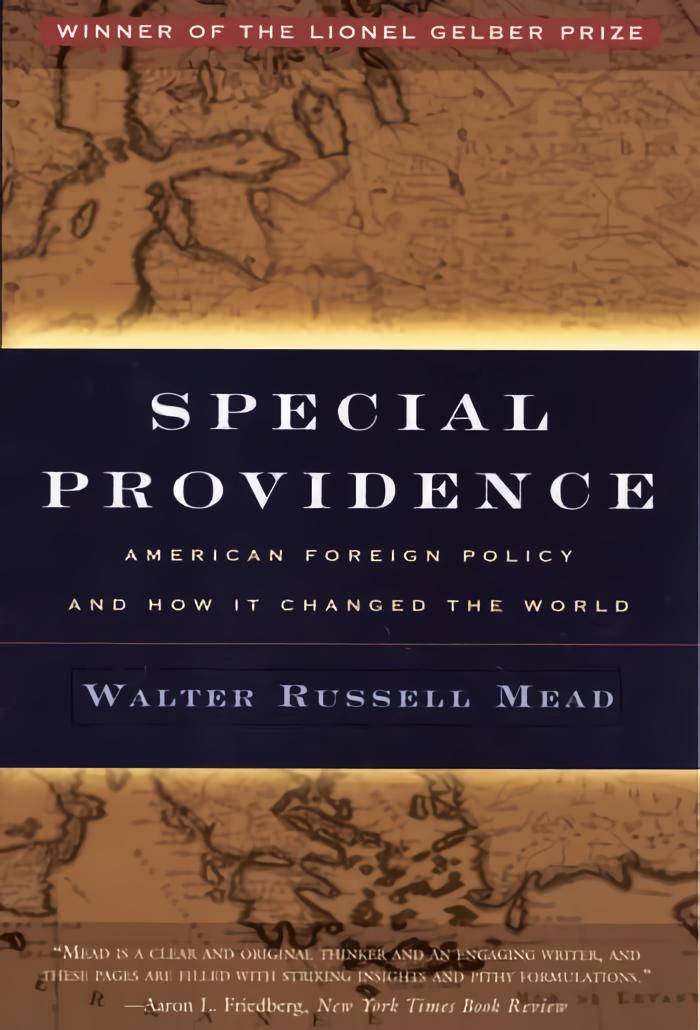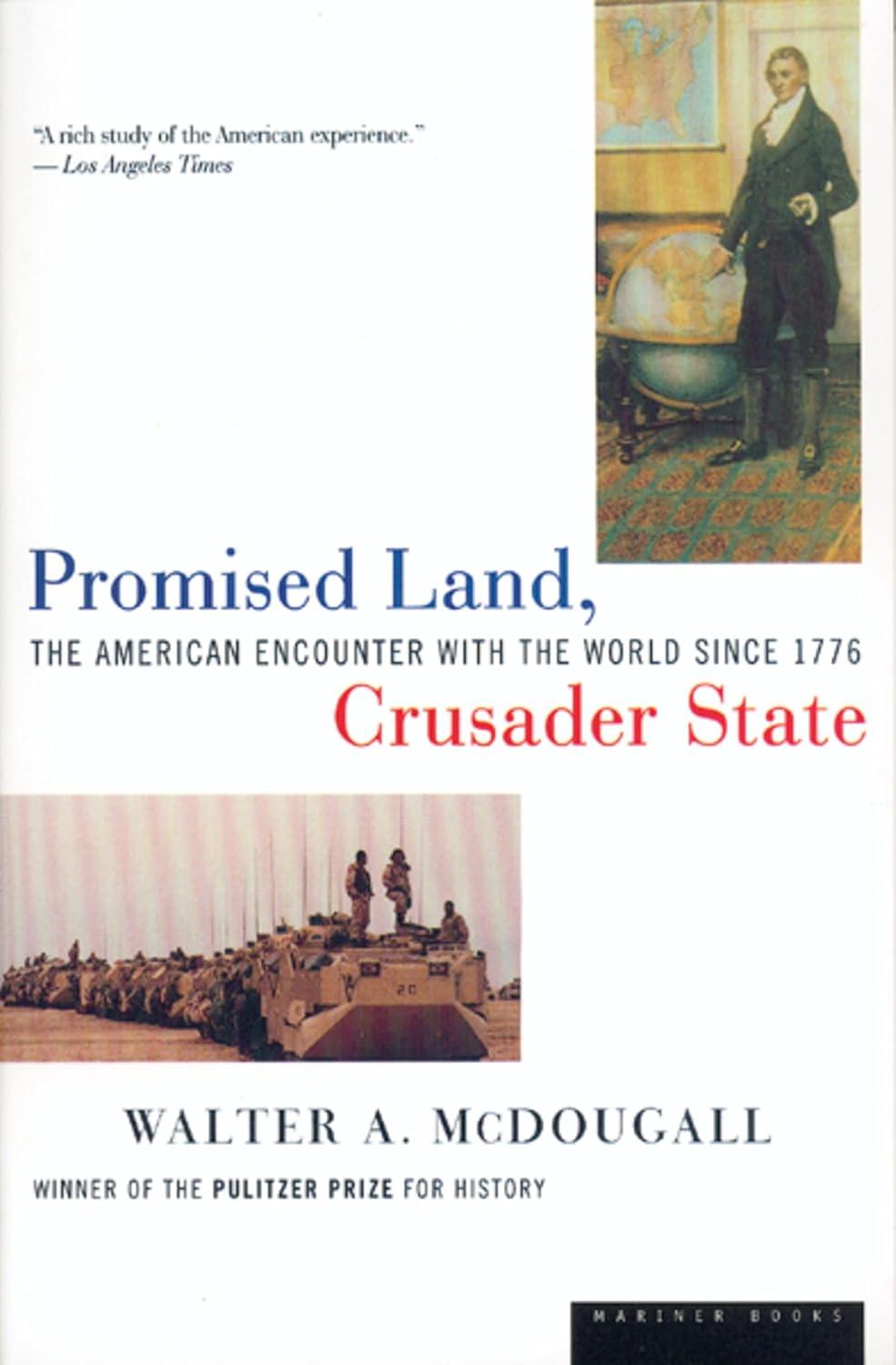McDougall amplified his critique of America’s ideological crusading in a later work, The Tragedy of U.S. Foreign Policy: How America’s Civil Religion Betrayed the National Interest (2016). Oddly, McDougall’s thesis in the later work is in tension, at least, with his earlier contention that America enjoyed a century as a Promise Land, passively exemplifying liberty without pretensions to spread its creed abroad. In Tragedy, McDougall rediscovers the truth that Americans have always been motivated by their creed, that the nineteenth century was not a halcyon model of restrained foreign policy. Thomas Jefferson’s rhetoric about the “Empire of Liberty,” the movement westward under the guise of “Manifest Destiny,” and even the emancipating fervor of the Civil War all carried the seed from which the Crusader State would flower. The later McDougall seems to acknowledge that the Crusader State is far more encoded into American DNA, a far more a natural outgrowth, than the earlier McDougall seems to have recognized.
Either way, for McDougall, the evidence of America’s activist intentions on the world stage is a cause to lament, not rejoice. McDougall’s change of course is salutary because Promised Land was never very persuasive. It acts more like a parable or a morality play—not to say a wish-fulfillment fantasy—for those who wish to see the United States adopt a more restrained foreign policy. In Promised Land, McDougall was trying to reconstruct for them a useable past, weaving a myth of how the restrainers’ goals were actually the best of America’s tradition from the beginning, before a fall from grace into crusading, idealistic imperialism.
Whatever truth there is to McDougall’s Promised Land thesis was an adaption to the times—in two senses. It was an adaptation by the early republic to the world in which it found itself. The United States of the 1790s and 1820s was simply incapable of spreading democracy, overawed at the time by the British and French superpowers and concerned with more immediate challenges closer to home, such as facing down the Whiskey Rebellion, maneuvering around Native Americans, and negotiating a precarious union between slave and free states. Pragmatism abroad was a necessity, but as American power grew, so too did the realm in which its idealism could roam. But in another sense, McDougall’s thesis was an adaptation to the post-Cold War debate about America’s role in the world. McDougall was giving historical foundation for those who wished to see the United States pull back after its Cold War victory.

